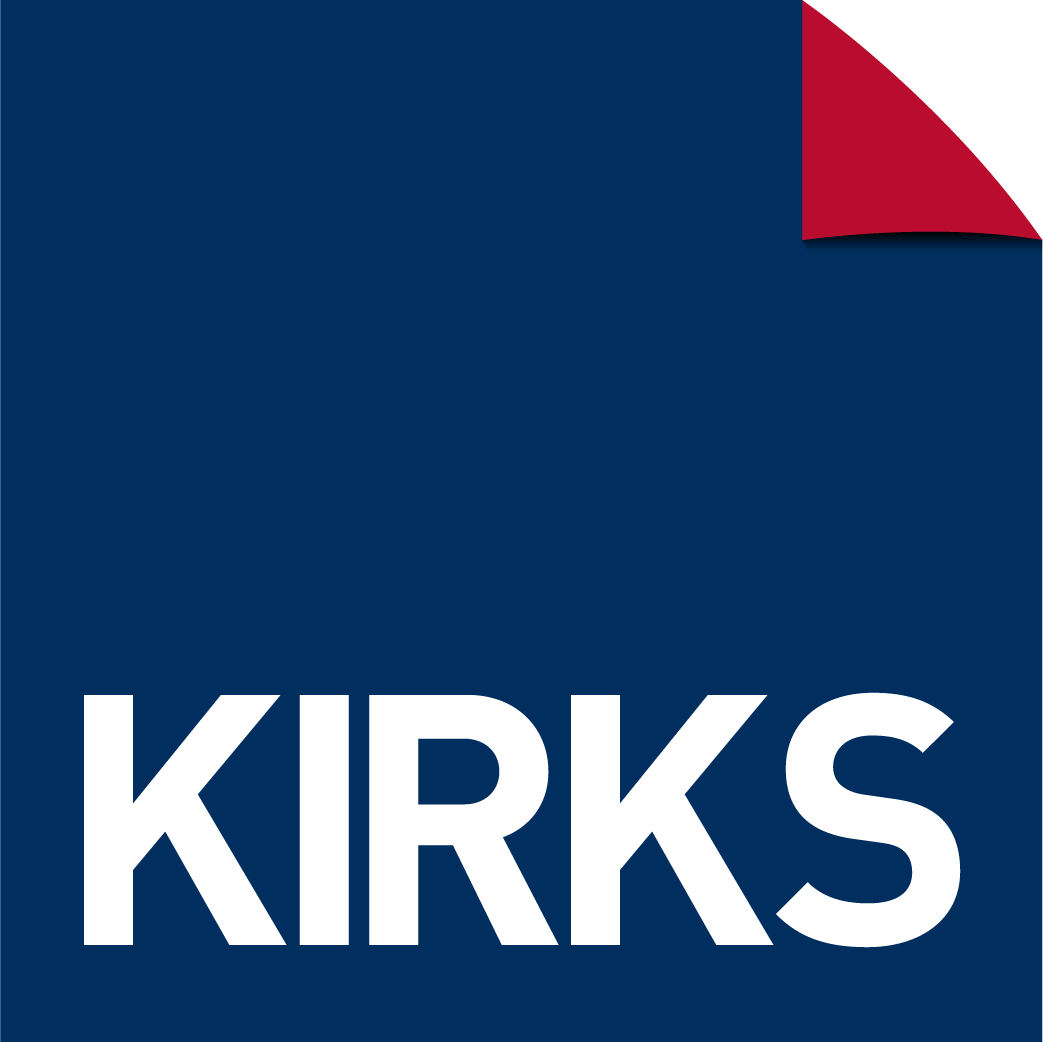The quick answer
A Company Voluntary Arrangement (“CVA”) applies specifically to a limited company. A limited company will be registered at Companies House and have directors as well as shareholders. A CVA does not usually affect the directors or shareholders personal credit ratings.
An Individual Voluntary Arrangement (“IVA”) applies to an individual who might be in business or not and it will affect that person’s credit rating.
In more detail
There are three possible types of voluntary arrangements: One for individuals, one for partnerships and one for limited companies.
The basis for all three is the same. It is an offer in writing to all the creditors (called a proposal) and includes a financial snapshot of what the limited company or person owns and owes, and what they propose to pay back. Sometimes a voluntary arrangement can be based on a lump sum and sometimes monthly instalments. It will be successfully concluded if the instalments promised are paid by the due dates. If they are not paid usually the voluntary arrangement fails.




